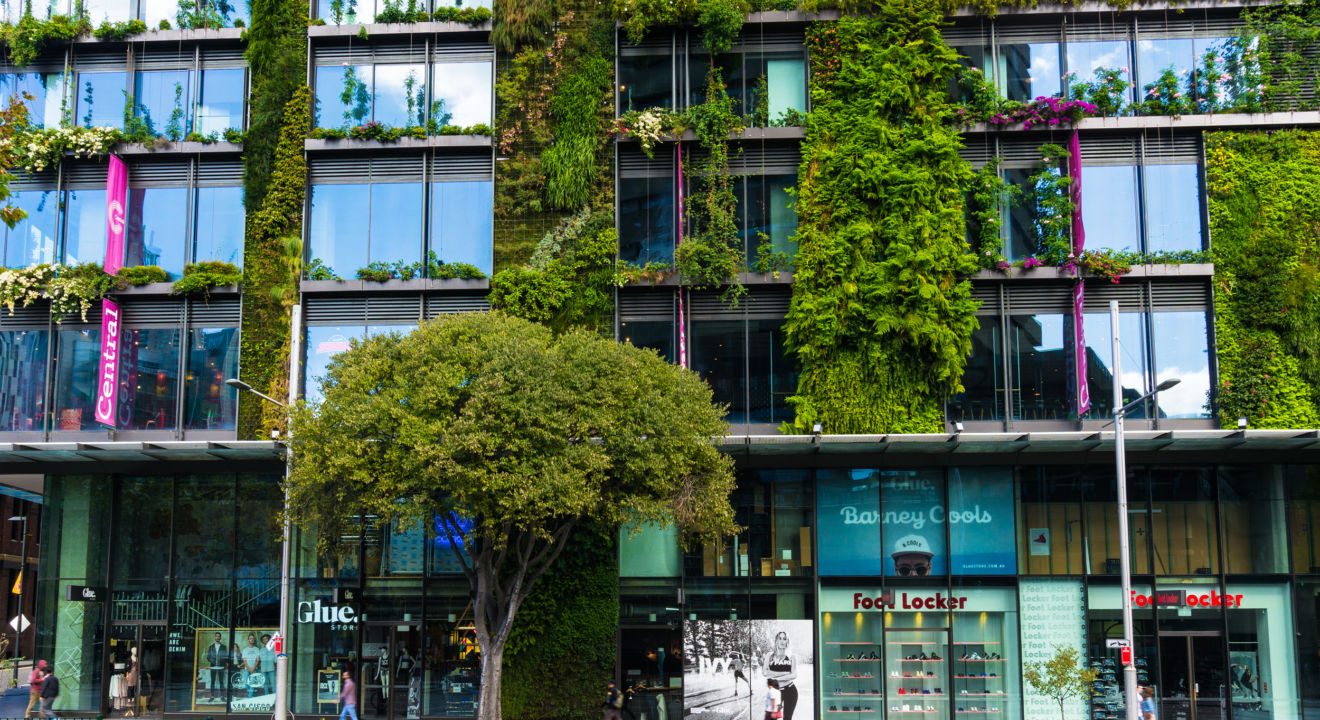February 17, 2017


In today’s world, being bombarded with relentless commercials, advertisements and promotions that all claim to offer a product that you simply cannot do without is the norm. But how much do you really know about the brands that you use everyday?
For the eco-conscious consumer, it’s important to know how these products are made in order to make purchases that are friendly for the environment. Here are some tips and tricks to becoming a more eco-conscious consumer and living a more sustainable lifestyle.
In today’s consumerist culture, a simple trip to the grocery store can be an overwhelming task. With twenty or more brands of cereal and an entire aisle devoted to Greek yogurt, knowing which brand to buy can be next to impossible. Luckily, there are ways to educate yourself on the environmental impact of everyday products.
Online resources such as the Good Guide are here to help. Founded in 2007 by Dara O’Rourke, a University of California Berkeley professor of environmental and labor policy, this site provides valuable product reviews based on scientific research. Using a numerical rating system of 1-10, the GoodGuide team ranks each product based on its effect on the consumer’s health, the impact on the environment, and the overall impact on society. So the next time you are stuck in the produce aisle, be sure to consult an expert.
Despite the overwhelming growth of the mass market, there is also a growing trend towards products that are designed specifically with the environment in mind. Innovative eco-conscious products offer an alternative for consumers who are willing to pay a bit extra.
For example, the newly designed edible six-pack soda ring provides a sustainable alternative to plastic. The edible ring is made entirely from leftover barley and wheat from Saltwater Brewery in Delray Beach, Fl. It is one hundred percent biodegradable, compostable and sea turtle friendly.
Another way to avoid mass market shopping is through your local farmer’s market. Farmer’s markets are a great way to engage with your local community and support smaller vendors with quality goods. The fresh produce is often healthier and tastier than the same fruits and vegetables found at your local supermarket.
Grab your own bags from home before heading out to the grocery store. Better yet, leave a stash of reusable grocery bags in your car for those impulse purchases. Many cities now require shoppers to bring their own reusable bags or pay for paper bags, so you might as well start getting used to it now. By charging shoppers for paper bags, the chance is lessened that they will forget them in the future. If you don’t have any durable bags of your own, most grocery stores now sell reusable bags at the register on the way out. This is one of the easiest ways to minimize unnecessary waste without breaking the bank.
Avoiding plastic can be quite a challenge in today’s world of bubble wrapped packaging, plastic water bottles, and disposable grocery bags. Plastic is convenient, durable, cheap to produce, and affordable. It’s hard to imagine we ever lived without it.
However, modern convenience comes with a hefty price. Every day, some of the world’s most precious creatures are suffering because of our wasteful behavior. By bringing your own reusable water bottle to work and avoiding products with plastic packaging, we can all do a little bit to live a more sustainable life. Visit My Plastic Free Life for more information and tips on how to reduce plastic waste.